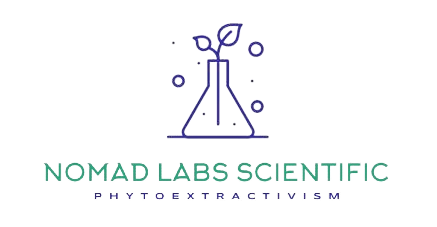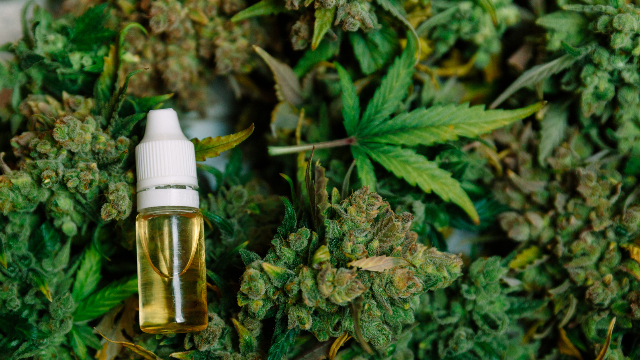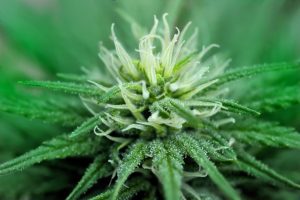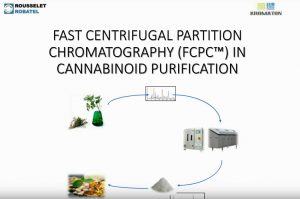
Roxanne Newman
Conference Producer
source: www.analyticalcannabis.com
“By simply introducing experienced people from the botanical extraction industry, this will be a big step and evolve the cannabis industry,” says Dr Nikos Xynos, an expert of the extraction industry and founder of the phytochemical and botanical extraction consultancy firm Nomad Labs. As managing director, Xynos oversees innovative partnerships with major equipment manufacturers in the field of botanical extraction.
“Currently, what is lacking is simple distribution of botanical extraction experience to cannabis extraction, especially with regards to development. This means you can ensure product quality, consistency, and reproducibility, which are critical for cannabis products,” Xynos explains.
Xynos is optimistic that this transfer of knowledge will help extraction facilities select the correct equipment, which in turn could help advance the cannabis industry.
He will also feature as a speaker at Analytical Cannabis’ 2019 Europe Expo, which will take place in London, UK on the 12th of November. In anticipation of the event, Analytical Cannabis caught up with Xynos, to discuss current European extraction issues and significant gaps within the cannabis industry.
Botanical experts are the way forward
Having worked within the European cannabis industry since 2014, Xynos has developed a sharp sense of the extraction sector and its avenues for growth. So, when he says that botanical experts are the way forward for extraction facilities, processors would be wise to listen.
“I meet people that used to work for different industries, or that have experience with phytochemistry and with botanical extraction. I think this is exactly what companies need to do in the cannabis space so that they can optimize, not only their processes, but also their sourcing of equipment,” Xynos says.
“Working with an expert in botanical extraction would be better than a pharmaceutical expert, as they usually have no experience in selecting the right extraction equipment and consequently, bad dimensioning of the unit usually occurs.”
However, sourcing these botanical experts may prove to be difficult. Due to the industry’s nascence, there’s not a lot of expertise going around.
“The cannabis space should think better, in terms of staffing the right people, because the right people will be able to assess the treatable technologies, better understand the goods and all the technical requirements and advantages or disadvantages of specific extraction equipment. Unfortunately, often in my work, I see job offers that usually do not target very well,” Xynos confides.
“What most people do today is start by looking at what good manufacturers suggest, which they take as gospel because they don’t have the experts with them to evaluate. They then go and buy the equipment that appears to be good or widely used and I do not consider this a good idea.”
Selecting the correct extraction equipment is just one thing to consider when establishing an extraction facility. The whole extraction process includes considerations on location, circulation, distribution, and registration. Therefore, extensive extraction knowledge is required, specifically within Europe.
Current extraction situations in Europe
Home of the EU GMP certification, Europe can be a challenging place to set up a cannabis extraction company. Varying legislation across countries, few validated methods, and lack of universal information creates a confusing environment.
“Extraction regulation is a grey area in most European countries, especially regarding what the exact regulatory frame is and what the characteristics are of the products that are or will be allowed. There is no widespread knowledge about this, so there can’t be a very standardized method,” Xynos explains.
“Pretty much everybody is experimenting and although there is large production, it does not meet the standards of practically most of the countries. Consequently, many products if they were to be controlled on the shelf, they would be taken from the shelf.”
With this variation of extraction methods and processes across European countries, adapting the strategies to each single country and its single jurisdiction is a difficult task.
“There are reliable equipment manufacturers, but these companies cannot just reproduce themselves. They can’t produce the same system for the same processes all the time and in all the countries, because you have different levels of securities or impurities to test. This usually seriously affects the process and the processes that are involved,” Xynos says.
The future of European extraction
Even with this regulatory uncertainty, the European cannabis market is flourishing; serious investments are taking place and various types of products are in huge demand. Yet, extraction establishment isn’t generally at the forefront of the industry and further advancement is required.
“The pace is very fast. I think in terms of testing, it’s more advanced than in terms of setting up extraction processes and facilities. Testing has come first. It’s easier to start with, as it always happens within a lab scale, although these protocols are not simple to develop and to standardize.”
“The industry should give R&D the time to evolve or invest in acquiring knowledge and expertise transfer. The knowledge is there, it’s not very complicated, we just need to dig into the botanical extraction industry to find experts who can help people and companies within the cannabis space,” Xynos concludes.
Dr Nikos Xynos will present at Analytical Cannabis’ 2019 Europe Expo on the 12th of November at the Radisson Blu Edwardian Heathrow Hotel, London, UK. You can register here to attend.




